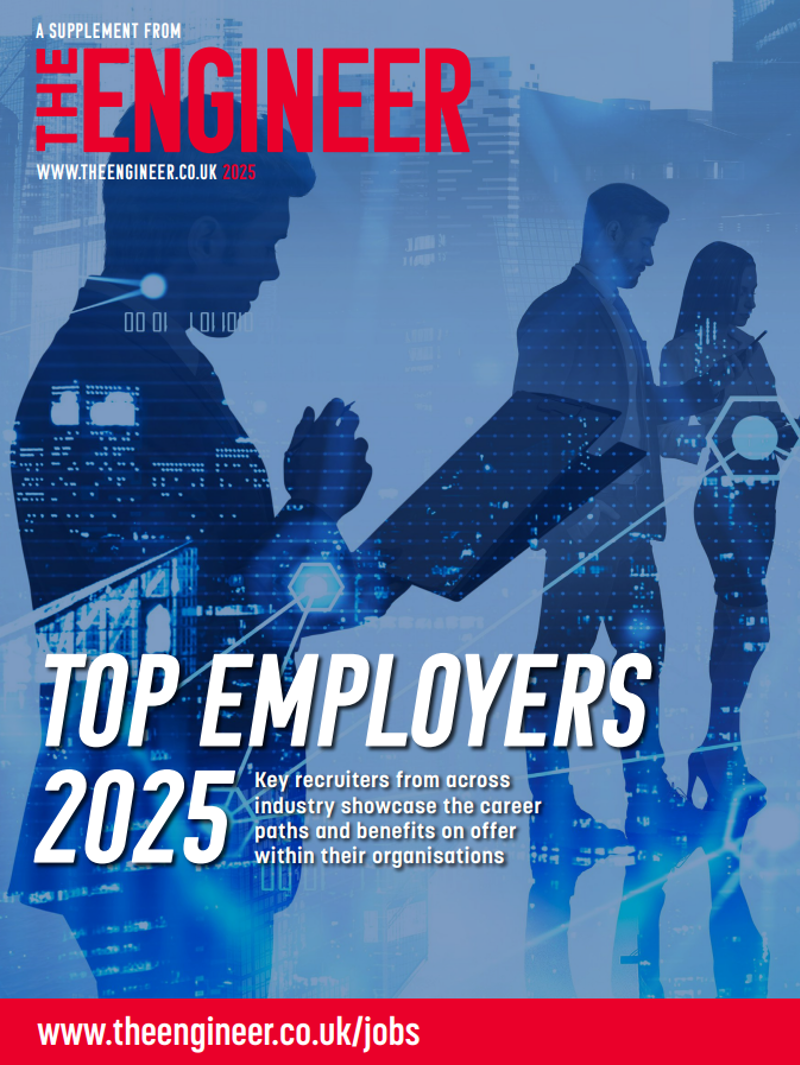In the News
Most inclusive engineering employers 2025
06 October 2025
For the second year running, Echo’s Britain’s Most Admired Companies study has teamed up with The Engineer to recognise the UK’s most inclusive engineering employers in its Top Employer 2025 report.
BMAC is the longest-running survey of corporate reputation in the UK. Conducted by Echo Research in partnership with the London Stock Exchange, the study draws on the perspectives of board-level executives, financial analysts, and City commentators.
Strong and consistent performance
Engineering companies continue to stand out for their commitment to DE&I, with many ranked in the top fifth of performers on this metric in this year’s study, signalling a clear dedication to building more inclusive workplaces.
Overall, these companies’ performance on DE&I in 2024 remains robust, consistent with 2023 results and slightly above the average across all 250+ organisations surveyed. This is particularly noteworthy given the historic male dominance of the profession. When compared with other drivers of reputation, engineering companies’ DE&I performance holds up well. In fact, engineering companies score more highly on DE&I than on other ESG-related measures such as contribution to society and environmental impact.
The credibility test ahead
Progress, however, is not without pressure. Political and cultural turbulence, particularly in international markets where inclusion has become a polarising issue, has made DE&I a more complex space to navigate.
CEO Sandra Macleod. “Britain’s Most Admired Companies data this year highlights a growing tension: while stakeholders expect visible leadership on inclusion and responsibility, fear of backlash has led many companies to retreat from public comment. Within engineering, as in other sectors, some firms are adopting a lower-profile stance, continuing internal efforts but avoiding external declarations.
This dynamic underlines a crucial point: only those organisations that embed DE&I, and more broadly ESG, into governance and long-term strategy will be resilient. By contrast, those that have historically treated inclusion as a communications exercise will be increasingly exposed to reputational risk.”
From rhetoric to results
For reputation leaders in engineering, the task ahead is clear. Performative gestures, temporary logo changes, generic statements, or short-lived campaigns are no longer enough. Stakeholders want to see operational proof: strategy, ownership, and measurable follow-through.
This places leaders in a pivotal role. Their challenge is to ensure that DE&I is not addressed with care but also backed by substance. In practice, that means prioritising credibility over visibility, highlighting impact where it is demonstrable, and ensuring that inclusion is seen not as an add-on, but as a core element of authentic reputation and successful business performance.
Engineering has made real strides in advancing inclusion, and its corporate reputation among close observers reflects that progress. Yet the sector cannot afford complacency. Sustaining strong DE&I performance in the years ahead will depend on embedding inclusion into strategy and culture, turning good intentions into credible outcomes.
As Britain’s Most Admired Companies shows, the most respected organisations are those that align reputation with action. For engineering, that alignment could be the difference between maintaining hard-won trust or being left behind in a shifting reputational landscape. With competition for engineering talent fiercer than ever, demonstrating genuine inclusion is not only a reputational imperative - it is also critical to securing the skills that will shape the sector’s future.
Read the full report from The Engineer's newly released 2025 Top Employers supplement here.

